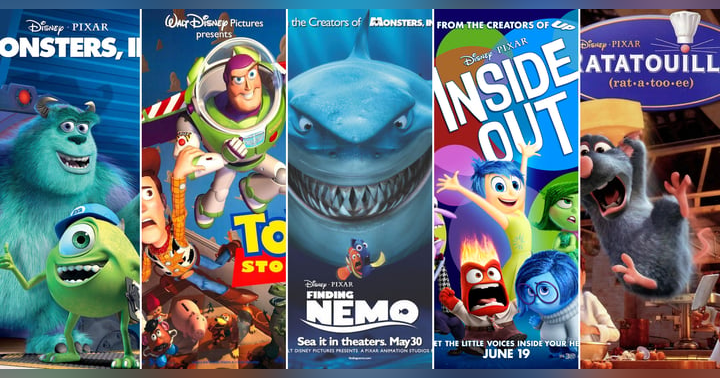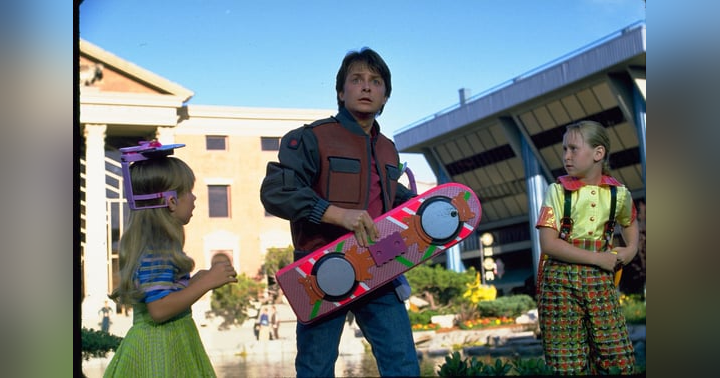The Dark Knight's Legacy: How Christopher Nolan's Batman Trilogy Reshaped Comic Book Cinema

Christopher Nolan’s Batman Trilogy, consisting of "Batman Begins" (2005), "The Dark Knight" (2008), and "The Dark Knight Rises" (2012), has left an indelible mark on the landscape of comic book movies. The trilogy's gritty realism, complex characters, and sophisticated storytelling elevated the superhero genre to new heights, influencing countless following films. As a lifelong Batman fan who vividly recalls watching Tim Burton's "Batman" at Collaroy Twin Cinema in 1989 with Gow, the impact of Nolan’s vision is incredibly profound. In this blog, we will discuss The Dark Knight's legacy for generations to come.
The Birth of a New Batman
Before Nolan’s trilogy, Batman had experienced various interpretations, from the campy 1960s TV series to Tim Burton’s darker yet still stylised versions. However, the franchise hit a low point with Joel Schumacher’s "Batman & Robin" (1997), widely panned for its campiness and lack of serious tone. The character needed a reinvention, and Nolan was the perfect filmmaker to deliver it.
"Batman Begins" reintroduced audiences to Bruce Wayne’s origin story, focusing on realism and psychological depth. Nolan's vision was clear: ground Batman in a tangible and relatable world. Christian Bale’s portrayal of Bruce Wayne/Batman brought a new level of complexity to the character, portraying him as a tortured soul driven by a deep sense of justice and personal loss. The film’s success proved that superhero movies could be more than just entertainment—they could be compelling, character-driven narratives.
The Dark Knight and the Rise of Realism
"The Dark Knight," the trilogy's second instalment, is often hailed as a masterpiece of the genre. Its darker tone, intricate plot, and moral ambiguity set a new standard for superhero films. Heath Ledger’s iconic performance as the Joker, a role that earned him a posthumous Academy Award, showcased the potential for comic book villains to be as complex and compelling as the heroes themselves.
Nolan’s use of practical effects, real-world locations, and minimal CGI contributed to the film’s sense of realism. This approach resonated with audiences and filmmakers, steering future superhero films toward more grounded and believable storytelling. "The Dark Knight" also demonstrated that superhero movies could address serious themes, such as chaos, order, and the nature of heroism, making them relevant to a broader audience.
The Dark Knight Rises and the Completion of the Trilogy
"The Dark Knight Rises" concluded Nolan’s trilogy with an epic scope and emotional resonance. It brought Bruce Wayne’s journey full circle, exploring themes of redemption, legacy, and sacrifice. The film’s success reinforced the viability of superhero trilogies as cohesive, character-driven narratives.
Nolan’s trilogy left an enduring legacy, influencing the portrayal of Batman and the broader superhero genre. Its emphasis on character development, thematic depth, and realism set a new benchmark for comic book movies, encouraging filmmakers to adopt similar approaches in their projects.
A New Era of Superhero Films
The impact of Nolan’s Batman Trilogy can be seen in numerous subsequent superhero films. While more fantastical in tone, the Marvel Cinematic Universe (MCU) adopted a similar focus on character arcs and interconnected storytelling. Films like "Captain America: The Winter Soldier" and "Black Panther" incorporated more serious themes and complex characters, reflecting the influence of Nolan’s approach.
The DC Extended Universe (DCEU) also sought to emulate the darker, more mature tone of the Batman Trilogy. Zack Snyder’s "Man of Steel" and "Batman v Superman: Dawn of Justice" showcased a more serious and introspective take on superheroes, drawing inspiration from Nolan’s vision.
Matt Reeves' The Batman: Continuing the Legacy
The influence of Nolan’s trilogy is especially evident in Matt Reeves' "The Batman" (2022). Reeves’ film, starring Robert Pattinson as the titular character, echoes Nolan's work's grounded and gritty aesthetic. The emphasis on detective elements, a noir-inspired tone, and a deeply psychological portrayal of Bruce Wayne all pay homage to the groundwork laid by Nolan.
"The Batman" explores the early years of Bruce Wayne’s vigilante career, focusing on his growth as a hero and a person. This character-driven approach, combined with a realistic portrayal of Gotham City and its inhabitants, highlights the lasting impact of Nolan’s trilogy. It’s unlikely that Reeves’ film would have been made or received the same level of anticipation without the success and influence of the Dark Knight Trilogy.
Batman's Enduring Appeal
Batman’s enduring appeal lies in his relatability and complexity. Unlike many superheroes, Batman is human without superpowers, relying on his intellect, physical prowess, and unyielding determination. This makes his struggles and triumphs resonate on a deeply personal level. Nolan’s trilogy captured this essence, portraying Bruce Wayne as a flawed but ultimately heroic figure.
For fans who grew up with different iterations of Batman, from the 1989 film to Nolan’s trilogy and beyond, each new portrayal offers a fresh perspective on a beloved character. The 1989 "Batman" film directed by Tim Burton, which I watched at Collaroy Twin Cinema, introduced many to the character's darker side. Nolan’s trilogy, however, redefined what a superhero film could be, blending action, drama, and philosophical inquiry in a way that has inspired countless filmmakers and captivated audiences worldwide.
Conclusion: The Dark Knight's Lasting Influence
Christopher Nolan’s Batman Trilogy has had a profound and lasting impact on the superhero genre. By grounding the character in realism, focusing on psychological depth, and exploring complex themes, Nolan elevated comic book movies to a new level of cinematic artistry. His influence can be seen in the subsequent films of both the MCU and DCEU, as well as in the tone and approach of Matt Reeves' "The Batman."
As we continue to see new interpretations of Batman and other superheroes, the legacy of Nolan’s trilogy endures. It is a testament to the power of visionary filmmaking and the timeless appeal of one of comic book history’s most iconic characters. For fans like you, who have followed Batman’s journey from the 1989 film to today, Nolan’s trilogy remains a defining moment in the character’s cinematic evolution—one that continues to shape the future of comic book movies.














